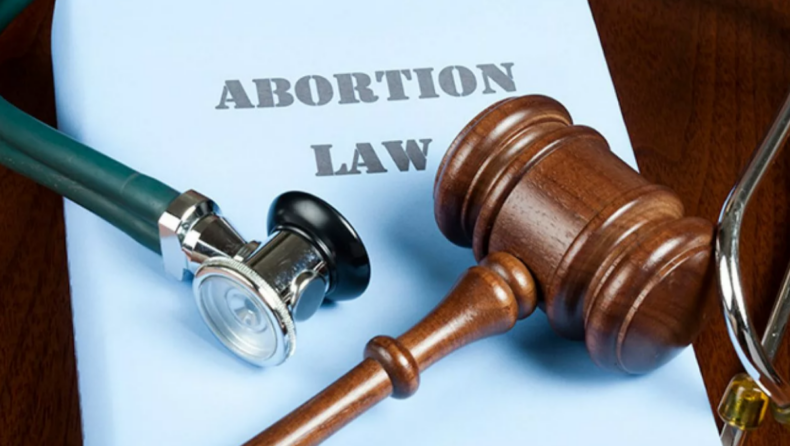The article discusses the legal rights and difficulties women in India have in obtaining sexual and reproductive rights.
Women’s sexual and reproductive rights are still hardly acknowledged in the nation. Certain topics, such as child marriage, female foeticide, sex discrimination, and menstrual health and hygiene issues are understood in India in relation to reproductive rights.
But on Thursday, the Supreme Court issued a landmark decision that gave unmarried and single women with pregnancies between 20 and 24 weeks the same access to safe and legal abortion care as their married counterparts.
An abortion law that has been in place for 51 years prohibits unmarried women from ending pregnancies that are up to 24 weeks old. A bench headed by Justice D.Y. Chandrachud barred this restriction.
Challenges that women face

The third most common reason for maternal deaths in India is unsafe abortions. According to studies, about a third of pregnancies in India end in abortion, and half of those pregnancies are unintended. The percentage of abortions performed in public or private health facilities is only 22%.
Stigma and attitudes toward women, particularly those who are young and unmarried and seek abortions, as well as a lack of access to safe abortion clinics, especially in public hospitals, all contribute to this.
Even though there is no legal requirement for parental or spouse consent, doctors refuse to perform abortions on young women or insist that they obtain it first. Due to this, a lot of women are forced to have illegal and frequently dangerous abortions.
Abortion Law in India

A woman may choose to end her pregnancy up to 20 weeks if her doctor advises it, in accordance with India’s abortion laws, which are governed by the Medical Termination of the Pregnancy Act (MPT), a law that was approved by Parliament in 1971. In spite of the fact that abortions have been legal in India since 1971, strict regulations regarding who is allowed to end a pregnancy have been put in place over time as a result of the millions of female fetuses that have been aborted, which has resulted in a horribly unbalanced gender ratio in the nation. Indians traditionally preferred sons to daughters as children.
From 1971 to the present When a woman becomes divorced or widowed, the law recognizes the change in her relationship status as a pregnant person, but not when she is single or unmarried. Legislators and the law have avoided addressing this issue.
But Thursday’s decision of the Supreme Court is ruled in response to a request for clarification regarding the revised 2021 abortion law, which listed a number of groups but omitted single women from the list. Actually, the Medical Termination of Pregnancy Act (MTP) was amended in 2021 to permit several categories of women to obtain abortions between 20 and 24 weeks.
Abortion Law under IPC
Indian abortion laws are governed by the Indian Panel Code (IPC), which is described in Sections 312 to 316 of the Indian Penal Code 1860. It declares that abortion is against the law and is subject to punishment. The law states that causing a miscarriage is a crime under the code.
A fine and up to three years in prison are both possible penalties for someone who intentionally causes a woman to miscarry. Specially if the woman’s life was not saved by the miscarriage, which is not something that should be done in good faith.
The Medical Termination of Pregnancy Act
The Medical Termination of Pregnancy Act of 1971 and its Rules from 2003 forbid unmarried women who are 20–24 weeks pregnant from having an abortion with the assistance of licensed medical professionals.
It focuses on the aspects of the Indian abortion laws. According to this law, a pregnancy may be terminated up to 20 weeks with the consent of one doctor. One needs the consent of two doctors for an abortion between 20 and 24 weeks of pregnancy.
Is abortion legal in India for unmarried girls?

In India, unmarried girls must be 18 years old to obtain an abortion.
Unmarried women who are at least 18 years old may give their own written consent to have an abortion. If the woman is under the age of 18, she must obtain written permission from her legal guardian and state her specific reason for the abortion.
Is abortion legal in India for rape victims?
Rape is among the most heinous crimes committed against women. Therefore, abortion is legal in India for rape victims.












